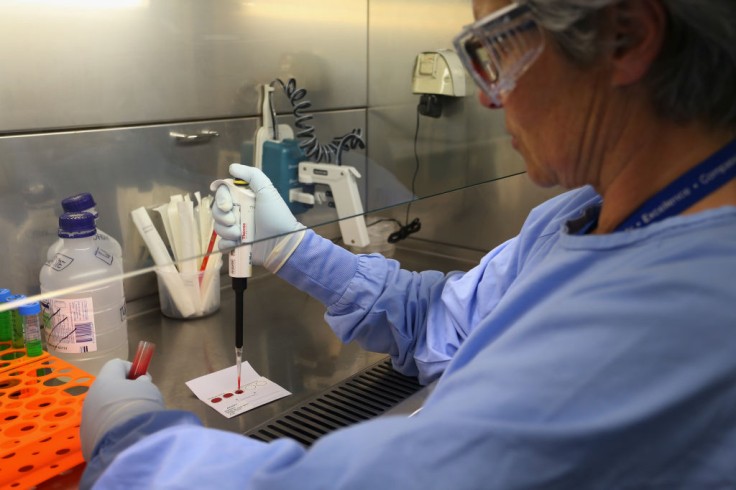
A Michigan federal judge sided last week with parents who say the state unconstitutionally stored, tested, and sold blood it collected from newborns to screen for rare diseases, according to the Associated Press. It is an important ruling that could be precedential for such civil rights battles in other states, including New Jersey.
U.S. District Judge Thomas L. Ludington wrote in a 32-page opinion on Tuesday that Michigan statutes require written, informed consent for test subjects. The state failed to get those when it kept and subsequently used newborn blood screening samples called dried blood spots to sell to for-profit researchers, track public health trends, and identify crime victims.
The judge wrote that Michigan undoubtedly has some interest in detecting rare blood diseases in its infant population, but the post-testing conduct of the defendants is not necessary because the child's health is no longer at stake at this stage.
Blood spots used without parental permission in crime investigations
Some other states, like Michigan, store blood spots for reasons beyond ensuring that the babies are healthy. That is the case in New Jersey, which retains blood spots for 23 years. The Office of the Public Defender discovered earlier this year that law enforcement officers had used blood spots without parental permission in some criminal investigations, including identifying a suspect in a rape case.
The New Jersey Monitor and that office sued the state back in July after officials declined to reveal how New Jersey uses blood spots.
Philip Ellison, the Michigan civil rights attorney representing the nine kids and their parents in the 2018 case that led to the opinion on Tuesday, celebrated Ludington's decision. He said that is a victory for parents, who should be the sole decision-makers in determining whether and how their baby's blood is used.
Ellison said that this decision is the first in the country to find newborn screening programs, as they have been designed here, unconstitutional. He added that Michigan is one of the few states that try to get consent, as many states don't even try.
A handout given to new parents in New Jersey tells them the blood screening is required by law, with no information provided for opting out either from the blood testing itself or storing the blood spots afterward. The sheet also does not inform New Jersey parents that the state retains samples for 23 years, nor what the spots might be used for during that time.
Read Also : Grieving Mom of American Who Died Fighting in Ukraine Wants His Remains To Be Brought Home
What will happen to blood spots stored in Michigan?
Ludington specifically questioned the use of blood spots in crime investigations in his ruling. He said that any use of the blood spots without the informed consent of parents violates their constitutional rights to bodily autonomy and privacy. He added that imposing such vague consent forms on parents at such a chaotic time is incredibly unfair to them.
He said that asking dads and moms to sign a piece of paper that does not say a whole hell of a lot 12 hours after the birth of their child to sign away their rights is the equivalent of asking someone to sign immediately after they got in a car accident.
It is unclear at the moment what the judge's ruling means for the millions of blood spots stored by Michigan. Ludington's decision does not address that matter, and the lawsuit filed by Ellison is not a class-action case, according to WUSF.
Ellison said he thinks they have to go back and either ask for those consents or they have to destroy the blood samples. Ludington's ruling does not end the case as he said some issues Ellison raised would be decided at trial. The latter expects that to happen early next year.